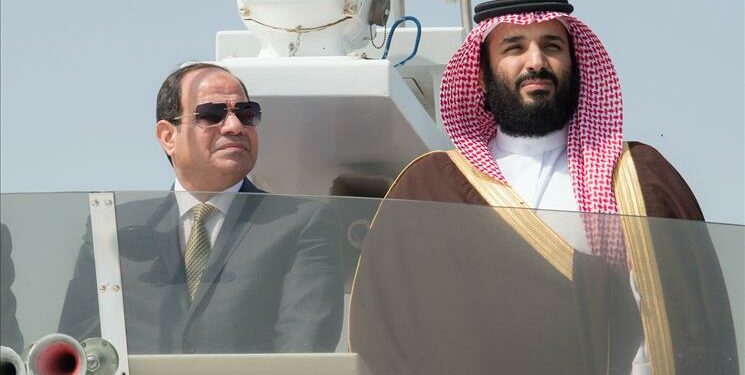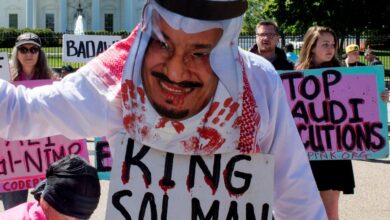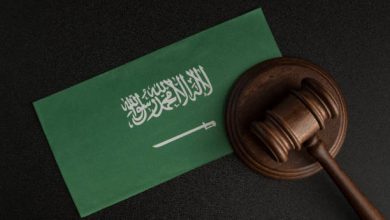Silent crisis between Bin Salman and Sisi

The CIA report reflected a silent crisis between Egyptian President Abdel Fattah El-Sisi and Saudi Crown Prince Mohammed bin Salman.
The absence of the official Egyptian position from expressing any public stance to support the Saudi position regarding the report of the murder of journalist Jamal Khashoggi has sparked the controversy over the increasing apathy between Cairo and Riyadh.
While Gulf and Arab countries rushed to support Saudi Arabia’s rejection of US sanctions within the policy of “Khashoggi’s embargo,” no official Egyptian comment has yet been issued.
Media mouthpieces
The Egyptian silence was somewhat dispelled by the Egyptian MP and media person, close to Mustafa Bakri’s authority.
Bakri considered the Khashoggi case to be decided by the trial and conviction of those involved inside the Kingdom.
Amr Adib, who is close to Saudi Arabia, criticizing the report, describing it as “most likely to be believed and that it is devoid of evidence.”
Utter silence
The Egyptian response did not go beyond the media arena. In contrast, the Egyptian presidency and the Ministry of Foreign Affairs and the Egyptian Embassy in Riyadh were utterly absent from announcing any position on the report.
These official bodies did not show solidarity with bin Salman, which seemed to anger the Kingdom.
Although Sisi wrote a blog post on Facebook, he congratulated Bin Salman on his recovery from the surgery he recently underwent.
The apathy appeared to be the master of the situation between the two men, and that signs of a muffled and existing crisis between Riyadh and Cairo may escalate in the future.
It seems that the Egyptian disregard for showing solidarity with bin Salman may be behind Cairo’s dissatisfaction with the steps to accelerate Gulf reconciliation with Qatar, without paying attention to the Egyptian demands from Doha or considering the Qatari agenda’s existing concerns in several files.
This was translated in the absence of Sisi from the Al-Ula summit last January and Egypt’s representation only by its foreign minister Sameh Shoukry.
This week, the silent disagreement may be exacerbated by the Saudi Minister of State’s statements for African Affairs, Ahmed Al-Qattan. He claimed that the presidential candidate, Ahmed Shafiq, won the presidency of Egypt in 2012.
The results were falsified in favour of the Brotherhood’s late President Mohamed Morsi, preparing for the group’s defamation and clearing the way for the army to return to power, about his knowledge of the July 2013 coup.
Observers believe that Kattan’s statements may be a reminder from Saudi Arabia to Al-Sisi that his arrival to the presidency is illegal after he was defence minister.
It was planned with the Kingdom’s support, with the possibility of calling up the Shafiq card again for the manoeuvre, if necessary.
Silent crisis
Another look at the scene shows that the Egyptian silence regarding the Khashoggi report was an attempt by Cairo not to provoke Washington and avoid an early clash with the Biden administration. This is in the process of assessing its relationship with the Sisi regime and reviewing the human rights file in Egypt after the American president pledged during his election campaign.
The Egyptian regime is concerned about the rising demands of the Egyptian opposition and international human rights organizations.
Especially by including his officials within the scope of applying the Khashoggi Prohibition law and holding them accountable for committing crimes that outweigh the horror of the murder of Khashoggi.
Undoubtedly, the Egyptian disregard for the Khashoggi Report may avoid an early clash with the US administration on the one hand.
But it will undoubtedly raise many question marks in Riyadh, which will increase the state of tension in Egyptian-Saudi relations, perhaps leading to a current real crisis between Sisi and Bin Salman.





